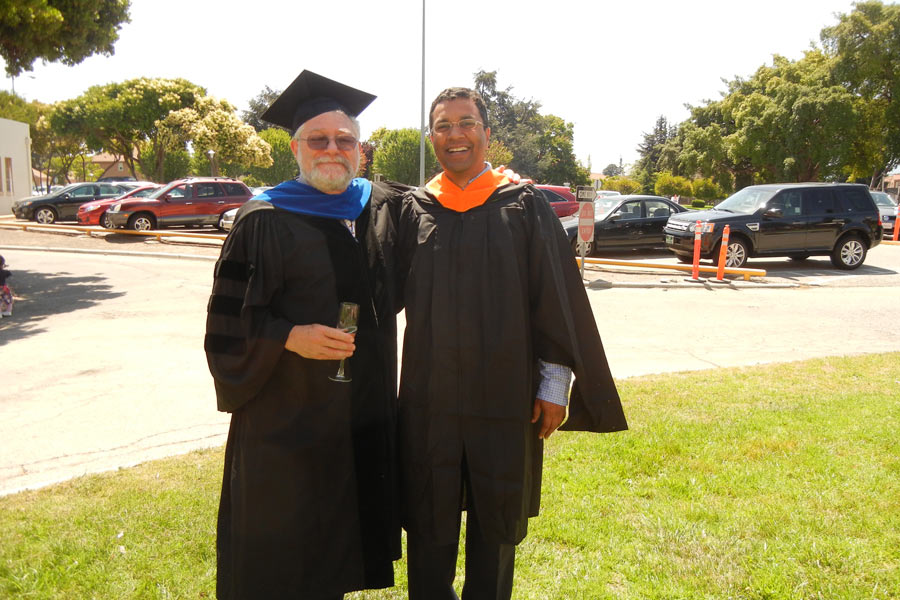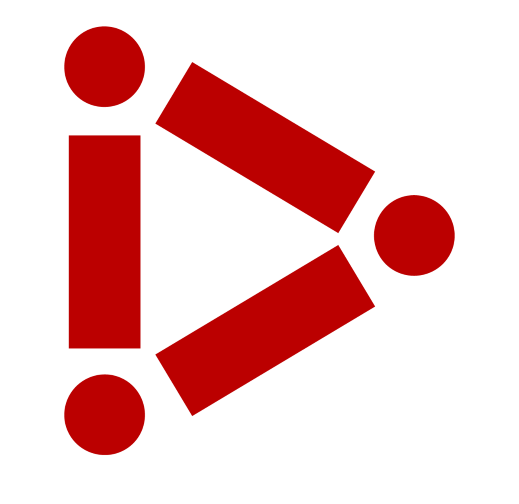Alumni Spotlight - Pankaj Purwar (MSSM '12)
Succeeding as a Leader in Information Technology
People typically view Information Technology (IT) as a support function, but a good IT leader works to change that mindset. According to alumnus Pankaj Purwar (MSSM '12), "A good leader approaches IT as a business and examines how its assets can be monetized. IT can be the customer number one for technology products and advise engineering teams on bugs before they go out to the market. Expanding your business management skills will serve you well."
For the past fifteen years, Purwar has held varying technical and management positions in the U.S., spanning roles in technology consulting, product management, and technical strategy. Today, he works at VMWare, where he currently holds the position of IT Director, Enterprise Applications. VMWare is one of the global leaders in cloud infrastructure and digital workspace technology. Purwar offers, “I'm leading one of VMWare’s largest business transformation programs. The role focuses on implementing finance and procurement business processes on SAP technology. The goal of the program is to enable organizational scalability and agility, risk reduction, and streamline business operations leveraging VMware products. We are examining how we can enable new business models for VMWare, which will help us enable the growth and scalability of the company.”
To improve a business’s leadership, Purwar identifies three key components, “First, [make] sure what you’re signing up to do, you’re able to deliver. Execution is critical. If you are not able to keep the lights on and deliver to what you say, there is no seat at the table. Second, you need to start thinking like a customer, stay close to business to understand what they do and how do they do it. That will help you understand what really needs to be in the product feature you are building. Third, the skills around the management of the software processes, the technology, and the people become very important. Navigating through the organization when you’re running a large-scale program, you must have these crucial organization, people, and articulation skills. Many times, people who are very savvy in the technical world have difficulty communicating in a way that other people, who may not be as technical, can, understand. So for example, if you’re talking to a technical person, you’re using more technical language. But if you’re talking to a businessperson, you may need to express the message in a less technical language that they can understand. A good leader also has an external focus, rather than just on inter-organization issues. I recommend attending conferences, meeting with other leaders, seeing what’s going on in the industry and how you can make that impact within IT. I think that’s very important."
The Integrated Innovation Experience
During Purwar’s career, he discovered that he had a passion to learn more about the software management space and also wanted to improve his own leadership skills, especially in a large-scale enterprise environment. He began investigating graduate programs that offered a curriculum that focused on the business of software management and discovered the part-time Master of Science in Software Management program offered through the Integrated Innovation Institute at Carnegie Mellon University. According to Purwar, “When I joined Carnegie Mellon, one of the key areas I was looking at is how do I lead? What does it take to really drive a large-scale business transformation effort in an enterprise? That was the role I was tasked with at Juniper, and I wanted to expand my knowledge and understanding on the subject.”

In the fall of 2010, Purwar began the Software Management program as a part-time working professional, aiming to obtain skills and methods he could implement as both a technical and business leader. Purwar explains, “I’ve learned a lot of skills on the technical side and on the business side, and the CMU program definitely helped me to enrich my experience. I continue to focus more on the software management space. I am utilizing the skills I’ve gained to drive and deliver large-scale programs, global teams, and ensure they are more business focused.”
Although working full-time and attending a challenging graduate program part-time is a tremendous commitment, Purwar believes that the program is extremely valuable as it offers a unique opportunity to network with other software leaders, “When you are interacting with like-minded, bright colleagues, you receive a richer perspective on your experience. Discussing real-life examples and case studies, with your classmates and applying what you’re learning turned out to be very effective. The unique approach offered at CMU is very solid, because you are not just learning theory; you are able to practice the skills day-to-day on the job. The experienced faculty members offer an additional perspective. They’re very seasoned, not just from a theoretical viewpoint; they have a great deal of industry expertise as well.”

